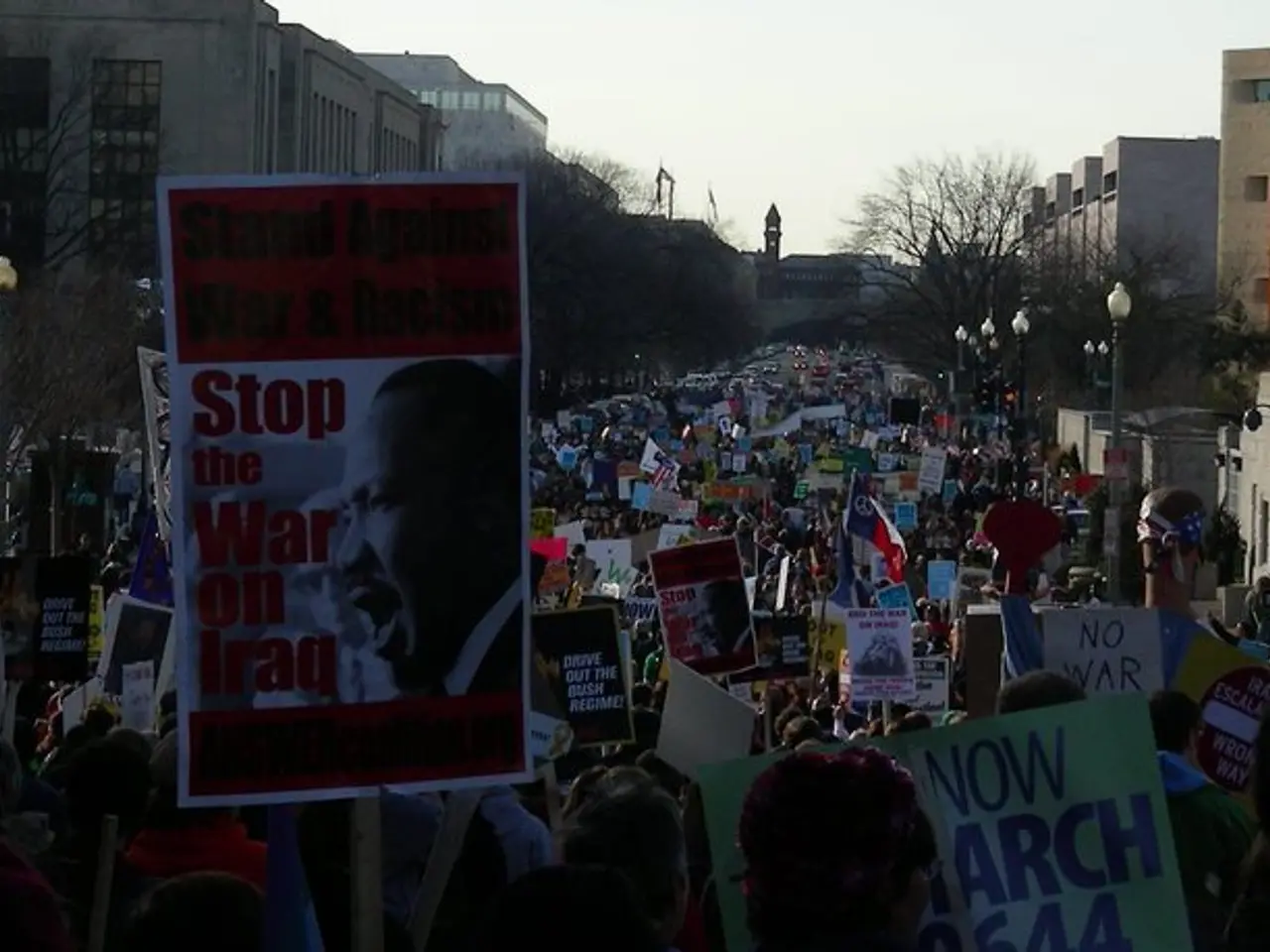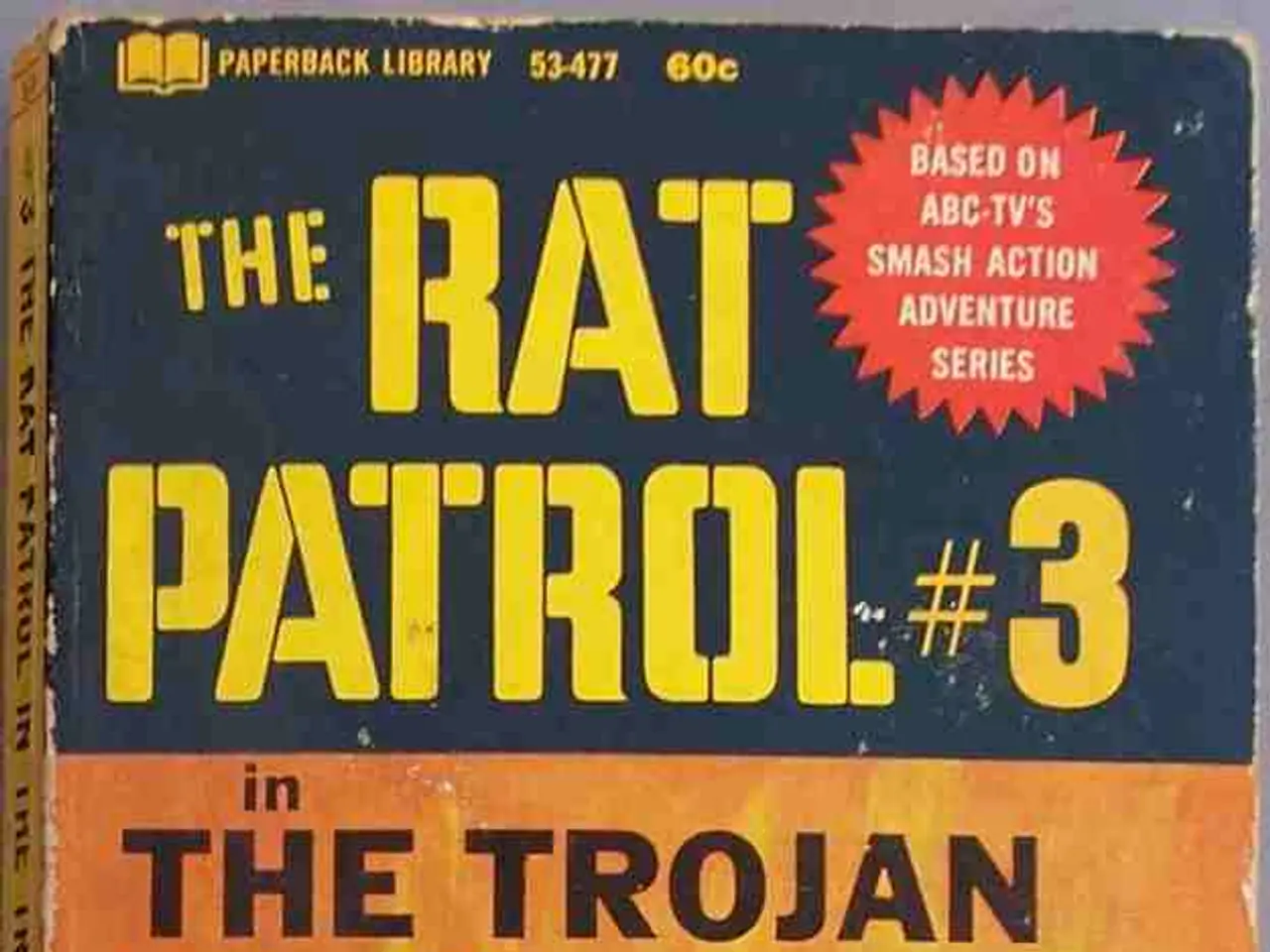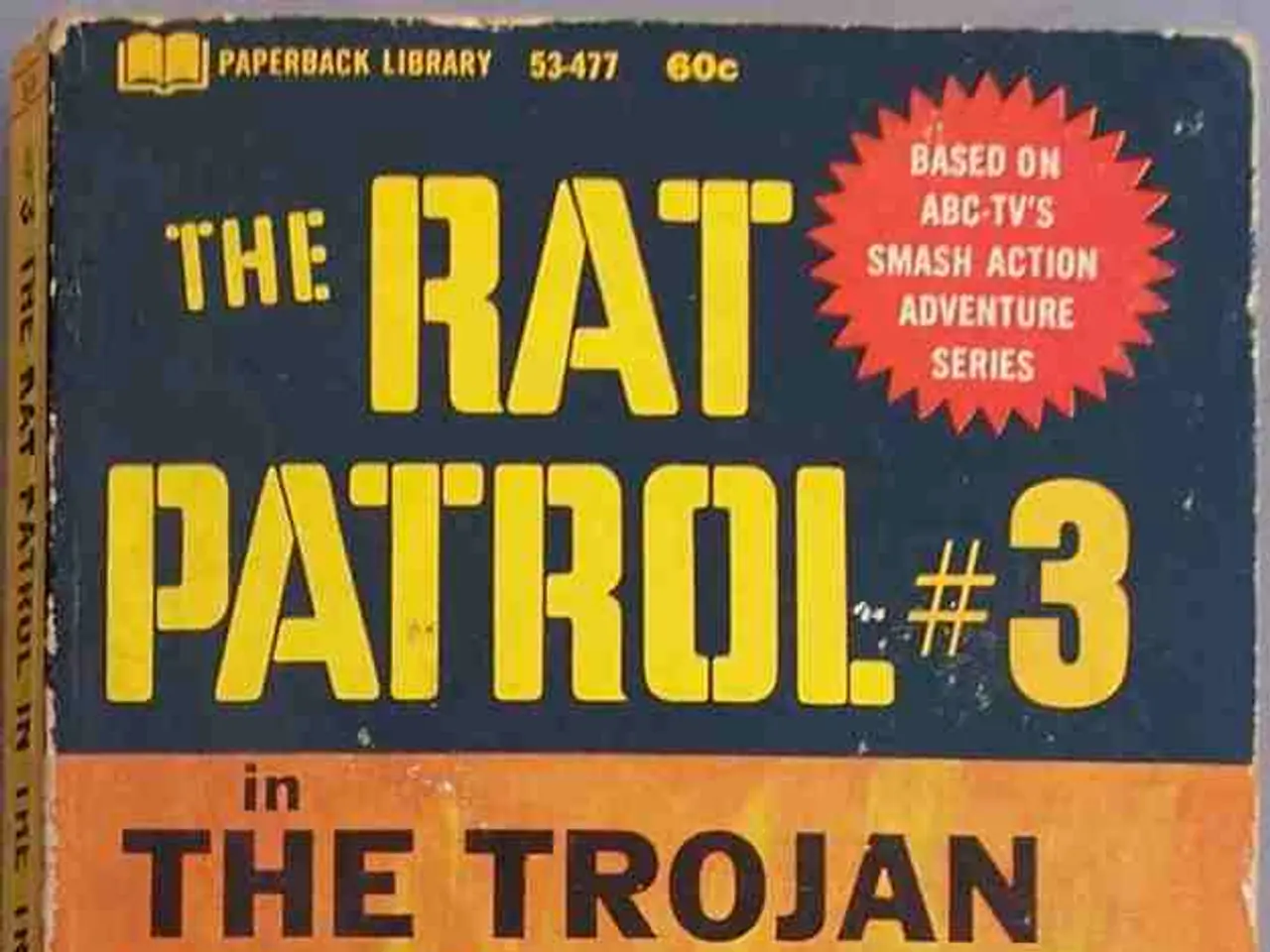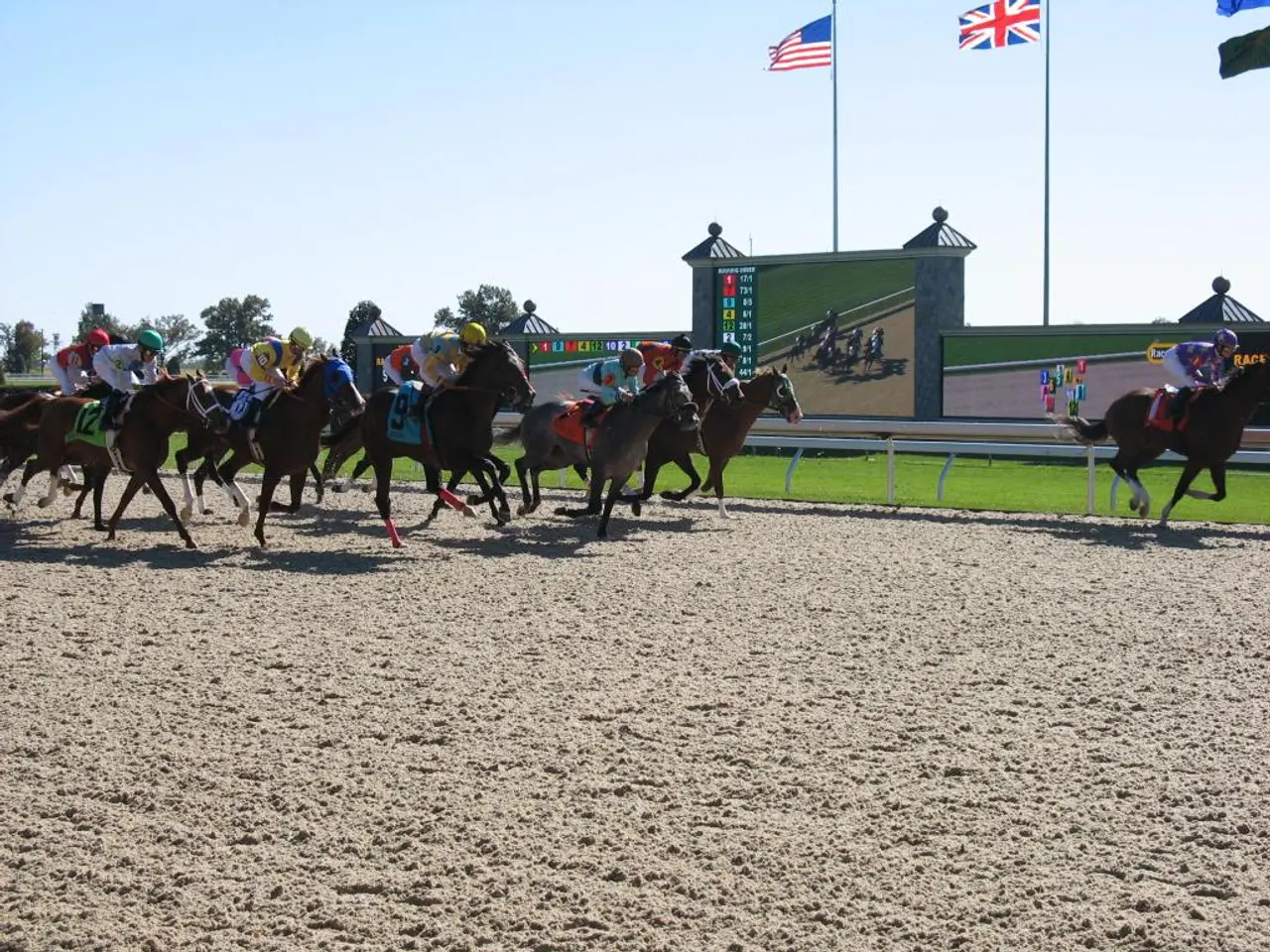Barriers and segregation at Görli – not the Kreuzberg I know
In the early hours of a Tuesday morning, the crowd gatherin' at Görlitzer Park entrance was significantly smaller compared to the day prior. Yet, the 50 folks still present made their feelings clear – the protest ain't slowin' down!
They whistled and shouted "Görli stays open!" with police vans stationed at each park entrance. The fence-constructin' had commenced, part of plans by the SPD and CDU to close the park at night as an attempt to reduce drug dealin' and violent crimes.
This idea been around for years but only became concrete in 2023, after the SPD and CDU formed the Senate. Longtime CDU representative, Kurt Wansner, a self-proclaimed champion of law-and-order policy, has been a vocal proponent of the plan. Wansner presents himself as the voice of long-time Kreuzberg residents and even garnered support from conservative Turkish associations in the area. In sharp contrast, he distanced himself from left-wingers and recent migrants because of the area's left-wing and cosmopolitan reputation.
Interestingly, the SPD has also been moving towards a law-and-order stance in recent years, with Berlin's Interior Senator, Iris Spranger, being one of the most prominent advocates for the fence.
Countering these efforts stands an alliance determined to keep Görli open, which resists fences, walls, and state control. They view the fence construction as symbolic politics that negatively impacts vulnerable groups: "Migrants, drug users, and the poor" are the ones suffering under this policy according to Jörg, one of the nearly 900 demonstrators protesting against the fence the night before.
The alliance's banners proved its political diversity, with an anarchist flag present and others from the Socialist German Workers' Youth (SDAJ) – which is close to the DKP. Mareike from SDAJ shared that they had participated in protests and concerts against the fence over the years.
Apart from political groups, various residents also participated in the demonstration. One older woman held a sign that read, "Fences and exclusion – that's not my Kreuzberg," adding that she had lived in the area for 40 years. "I fled from the narrow, fenced-in society of Paderborn to Kreuzberg, and now I sometimes feel like that narrow society is catching up with me here, too," she criticized. Not only did she criticize the politicians pushing for the fence against the district assembly of Friedrichshain-Kreuzberg, but also some of her Kreuzberg neighbors – the newcomers in the expensive, renovated apartments.
"Some who praised rebellious Kreuzberg so much in their youth have nothing against fencing off Görli today," Birgit observed, illustrating how neighbor combat neighbor in this issue.
Wolfgang, politically active in the neighborhood for decades, shares this sentiment, stating, "Even in Kreuzberg, law-and-order thinking has seeped into once-alternative circles, as seen in the controversy over the police station at Kotti." It remains to be seen if the same fate will befall the fight against the Görli fence.
For updates on what's worth fightin' for in Berlin, sign up for our morning newsletter, Muckefuck – a refreshing dose of unfiltered, left-leaning Berlin.
"The diverse alliance against the Görlitzer Park fence, consisting of political groups like the Socialist German Workers' Youth (SDAJ) and individual residents, voiced their opposition to the politics of SPD and CDU, arguing that the fence construction negatively impacts vulnerable groups, such as migrants, drug users, and the poor."
"The controversy over the Görlitzer Park fence echoes the broader debate in Kreuzberg, where some long-term residents, like Wolfgang, criticize the shift towards law-and-order thinking among once-alternative circles, as seen in the controversy over the police station at Kotti."







